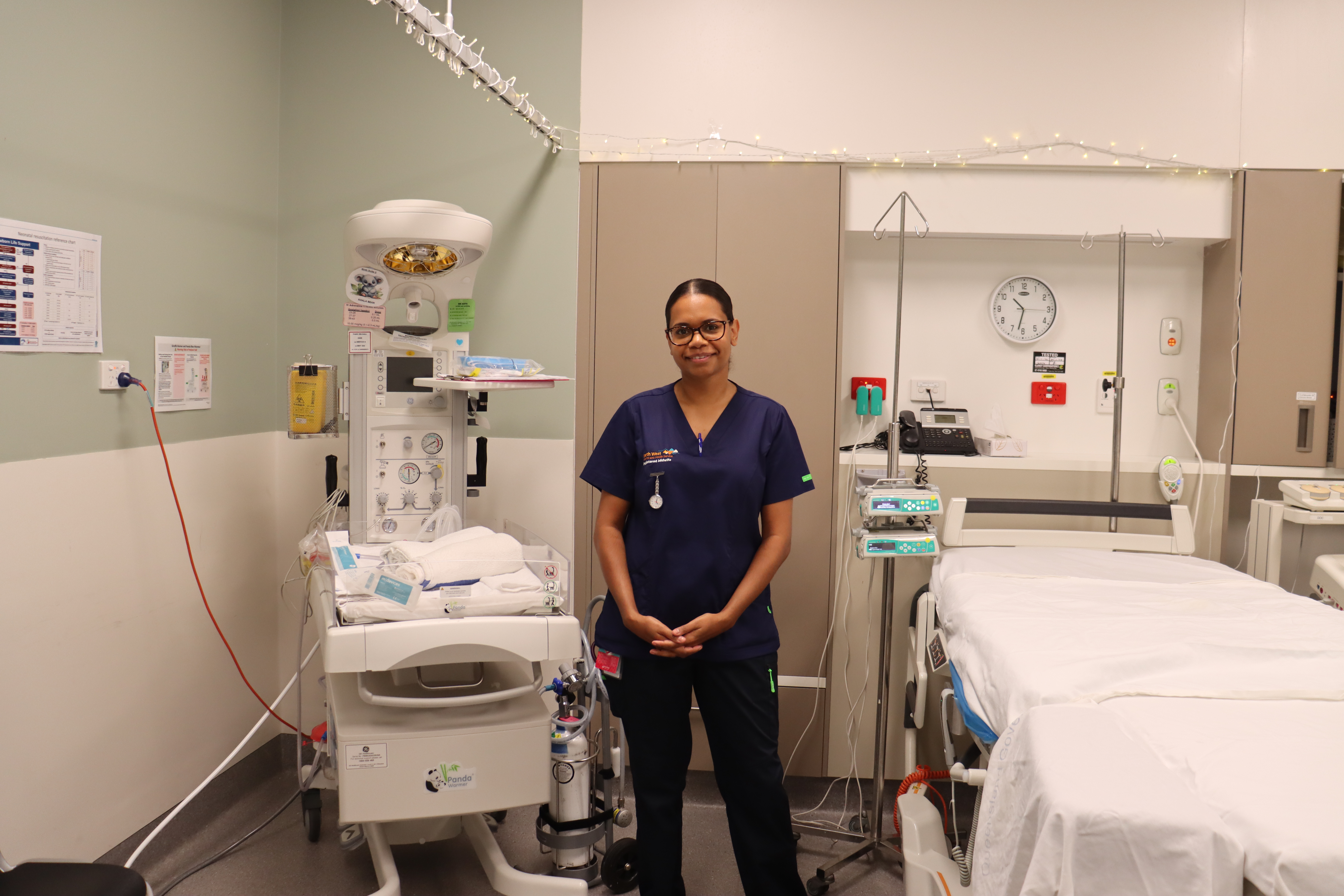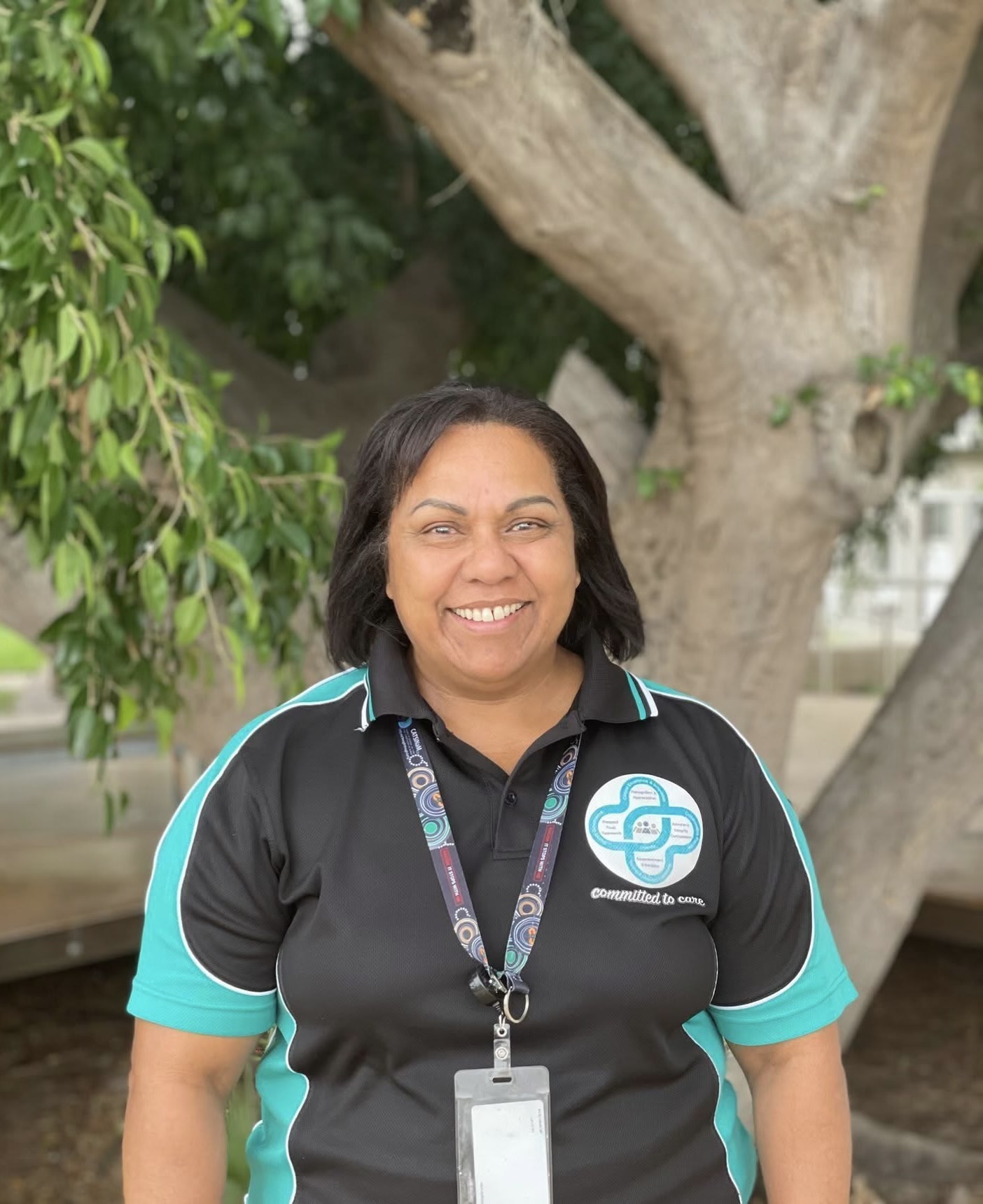Queensland's North West Hospital and Health Service (NWHHS) has exceeded the national target for First Nations workforce representation as part of its strategy to improve healthcare outcomes for Aboriginal and Torres Strait Islander communities.
First Nations staff now make up 10 per cent of the NWHHS workforce - nearly three times higher than the 3.43 per cent national target set for 2031 under the National Aboriginal and Torres Strait Islander Health Workforce Strategic and Implementation Plan.
Woppaburra woman First Nations Health executive director, Christine Mann, said increasing First Nations representation is key to addressing health disparities.
"Having a strong First Nations workforce is a powerful driver of change for Australia's healthcare system, and we want those voices front and centre in patient care," she said.
"In the last 6 to 18 months, we have created an additional 24 full-time positions across Nursing, Allied Health, and Aboriginal Health Practitioner roles."
The $5.2 million annual investment aims to improve service accessibility, ensure culturally safe care, and address systemic issues impacting health outcomes.
With Australia expected to face a shortfall of 70,000 nurses by 2035, including 9,000 First Nations nurses, Ms Mann said developing career pathways is a priority.

One of the nurses joining the workforce is Rebecca Mabo, granddaughter of Eddie 'Koiki' Mabo, whose High Court case led to Native Title recognition.
A qualified nurse and midwife, she recently started with NWHHS after being the only First Nations student to graduate from her university course.
Her goal is to help reduce the lingering mistrust that exists among First Nations communities toward hospitals and healthcare settings.

Lila Pigliafiori, another First Nations nurse, works alongside the mental health team in Mount Isa.
With suicide rates among First Nations people nearly three times higher than non-Indigenous Australians, she sees firsthand the challenges involved in supporting patients and ensuring they can access the care they need.
NWHHS has made strong investments in training and recruitment programs, including the Deadly Start school-based traineeships, the Aboriginal and Torres Strait Islander Tertiary Cadetship Program, and school work experience initiatives aimed at increasing First Nations participation in healthcare.
Ms Mann said these programs help build momentum in First Nations communities.
"What we're finding is that the more opportunities we provide for First Nations people to work in healthcare, it has a trickle effect back to community, and we find it motivates the next generation to follow a similar career path," she said.
"Eventually we'd love to see our First Nations workforce mirror representation in the population, which is 30 per cent. When I look at how far we've come already, I think we can get there."

